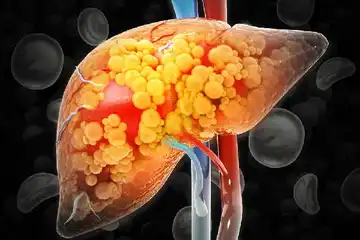What is urethral cancer?
Uncontrolled and uncoordinated growth of the cells of the urethra refers to urethral cancer. It is very rare and typically, men are more likely to be affected.
What are its main signs and symptoms?
Some of the common signs and symptoms are:
- Lump or swelling over the urethra
- Blood in urine
- Frequent urination
- Weak urinary flow
- Trouble or pain in urination
- Reduced urine flow
- Urethral discharge which may be blood stained
What are the main causes?
The exact cause of this cancer is not yet known. However, some of the contributory causes are:
- Urethral diverticulum
- Chronic urinary tract infection
- Human papilloma virus (HPV) infection
How is it diagnosed and treated?
The doctor checks physically for possible lumps or any unusual signs. History of the patient’s health is thoroughly collected. Some of the tests performed are:
- Pelvic exam – Vagina, cervix, uterus, fallopian tube, ovaries and rectum are checked for defects.
- Urinalysis – It looks for sugar, protein, blood and white blood cells in urine and also the colour of the urine.
- Digital rectal examination
- Urine cytology – Microscopic urine check for bacteria
- Complete blood count – red blood cells, white blood cells, platelets and haemoglobin rates are checked through this.
- Blood chemistry studies
- CT scan, MRI and ultrasound.
- Ureteroscopy – The inside of ureter and renal pelvis are properly viewed using a camera for abnormalities.
After the diagnosis, the patient is treated by various methods such as:
- Surgery
- Biopsy
- Radiotherapy – It helps in killing the cancerous or tumour cells by using gamma and other rays.
- Chemotherapy – It stops the further growth of cancer cells and their division by killing them or not allowing them to divide using special drugs.
- Active surveillance – It means unless there are changes in test results, no treatments are provided. The tests and exams are done on a regular schedule.

 OTC Medicines for Urethral Cancer
OTC Medicines for Urethral Cancer















